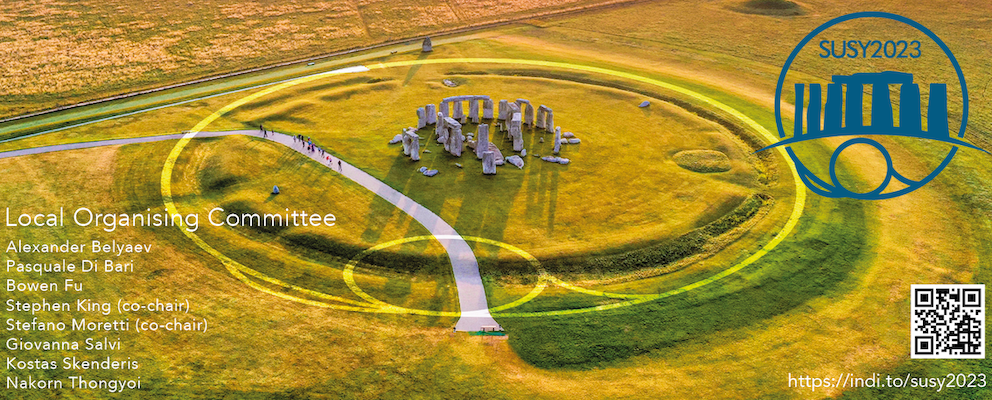Speaker
Prof.
Masahiro Kawasaki
(ICRR, University of Tokyo)
Description
The recent observation of $^4$He favors a large lepton asymmetry at the big bang nucleosynthesis. If Q-balls with a lepton charge decay after the electroweak phase transition, such a large lepton asymmetry can be generated without producing too large baryon asymmetry. In this scenario, Q-balls dominate the universe before the decay and induce the sharp transition from the early matter-dominated era to the radiation-dominated era, which enhances the gravitational waves produced through a second-order effect of the scalar perturbations. We evaluate the density of the produced GWs and show that pulsar timing array observations can probe this scenario.
Author
Prof.
Masahiro Kawasaki
(ICRR, University of Tokyo)

